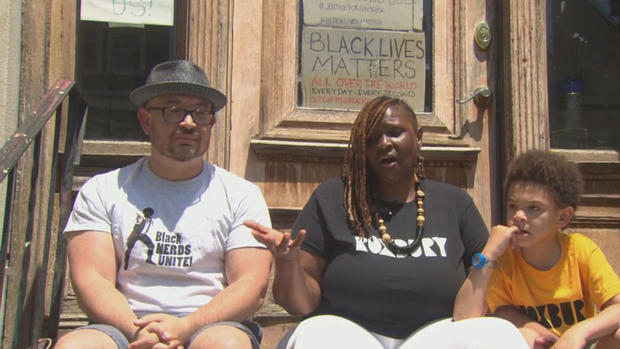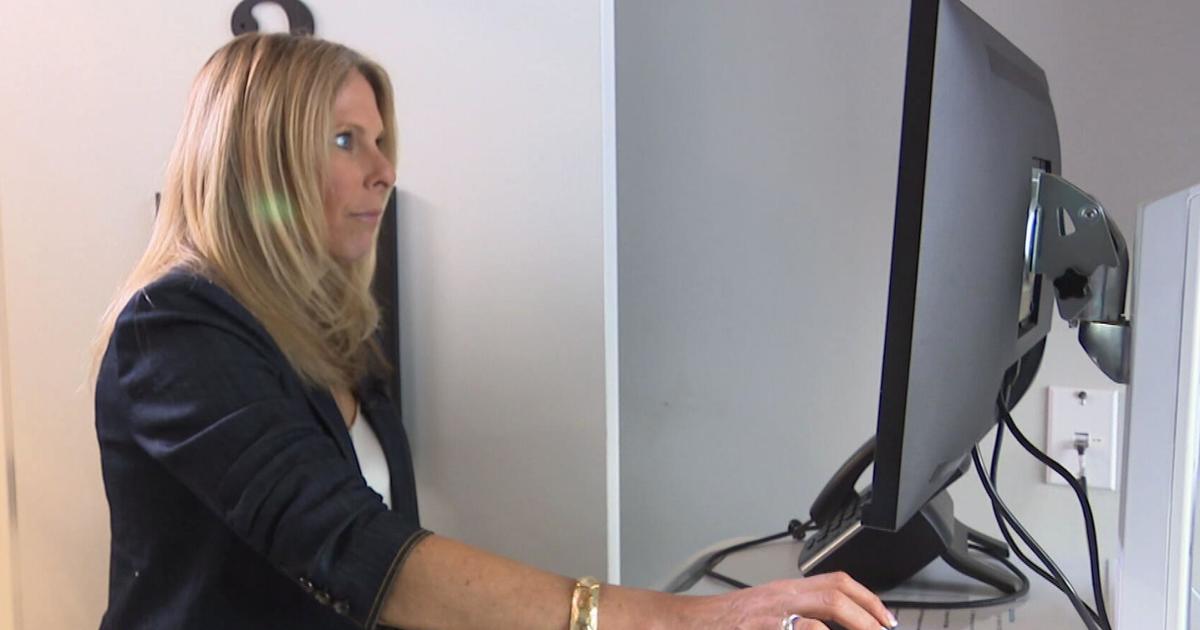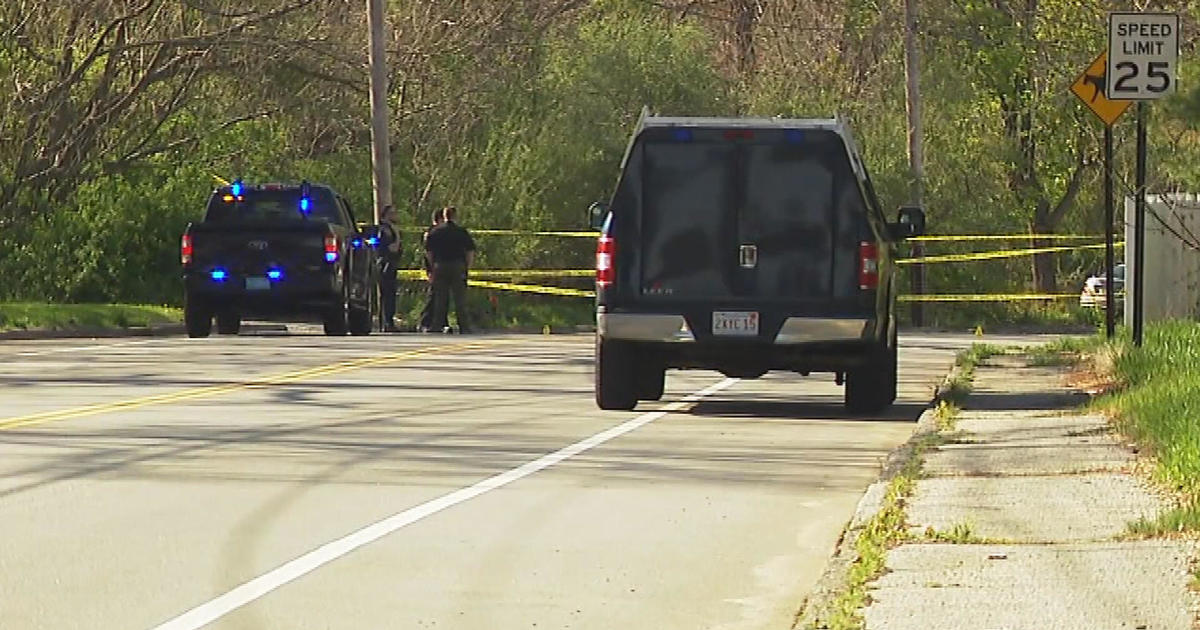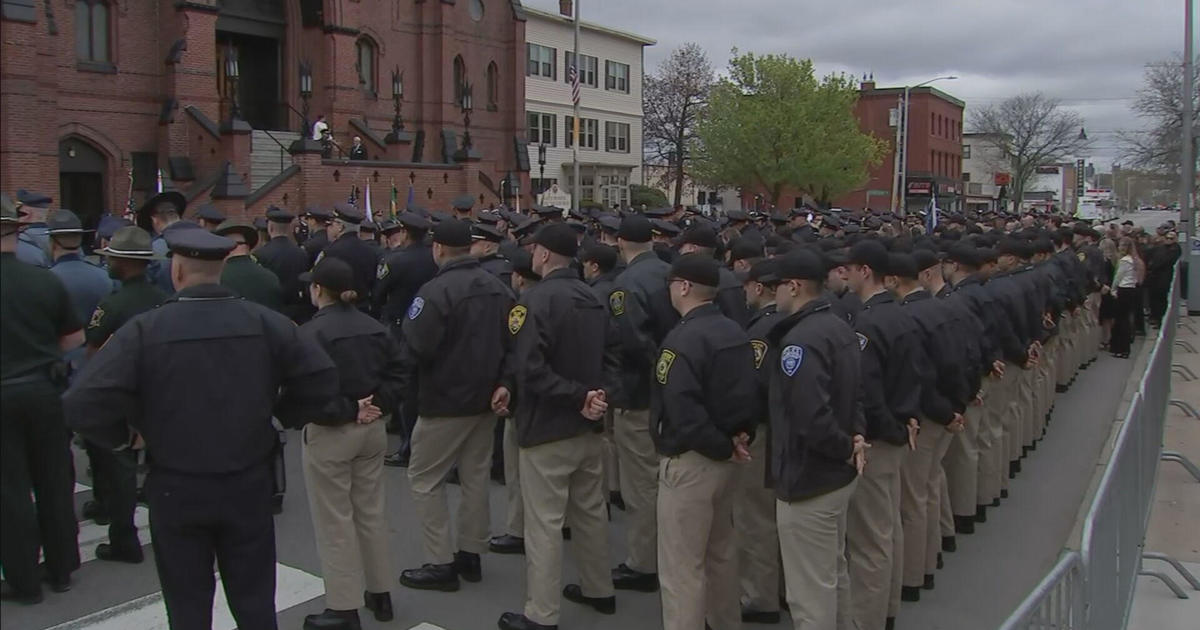For Black Families, Talking To Kids About Racism Starts Early
BOSTON (CBS) -- Six-year-old Coleman Luse has loved being stuck at home with his parents.
"We did a film that was called 'Rhino Ninja Adventures' and it was a good one," Coleman said as he sat on the front stoop of his family's Roxbury home.
Coleman has especially enjoyed spending time with his dad, artist Cagen Luse, who recently helped him shoot and produce his first film. Little does he know that beyond the walls of his safe haven is a world he doesn't yet understand.
"We believe it's important that Coleman understands the world around him -- to an extent. He is only six years old, we don't want him to lose his innocence," Cagen said.
The illustrator and father of two uses his platform to explore race issues through a comic strip series. Its storyboards, often centered around his life, chronicle the experience of a biracial man.
For Cagen, protecting Coleman from the painful legacy of racism has been a challenge. He recalls the day his dad talked to him about racism, and he said he dreads the day he'll have to do the same with his son.
"I would say when I was about 12 or 13 years old my father and I took this long car trip and he shared some of his experiences and told me that the world was going to see me different," Cagen said. "As a teenager it was much more of an anger that came from it. It wasn't until I was a little bit older that I understood where [my dad] was coming from."
In the last week, tens of thousands have taken to the streets to protest police brutality and systemic racism. Among the demonstrators are black children, forced to become aware of the space they occupy in the world, yet still unaware of how the trauma experienced by generations before them may be impacting them psychologically and physically. Researchers are beginning to explore inter-generational trauma and its consequences.
"It's a great goal to not want to pass on generational trauma, but our environment makes it really hard," said Coleman's mom, Marisa. "I'm a survivor of homicide. I lost my brother not too far from here. That's a part of my experience and that's probably the reason why I'm so slow to have the conversations with him on these things, because I know the impact it's had on my life."
Author Christine Taylor-Butler said educating children through literature can help break the cycle. She believes exposing kids to books featuring positive racially diverse characters is crucial in raising children free of prejudice.
"If we can start flooding these kids with 20 books that are positive images of people who are African American and LatinX and Native Americans, [they] start to go 'Wow, those kids are just like me. It's like the adventures I've been reading about.' That, for me is the antidote," Taylor-Butler said.
The MIT-trained engineer changed careers after noticing the most popular books did not profile people of color as heroes. Two decades later, she's got 80 books in print. Her series "The Lost Tribes," a sci-fi adventure where the lead characters are kids of color, is in its third printing.
"I think we keep defaulting to the same civil rights icons. We keep defaulting to the same books. Well, if you are suffering from trauma, you don't want to read another book about trauma. You want to read a book about joy," Taylor-Butler said. "So that's why I'm writing. It's so we can put joy in the world and so people can see us as underneath, exactly the same."




